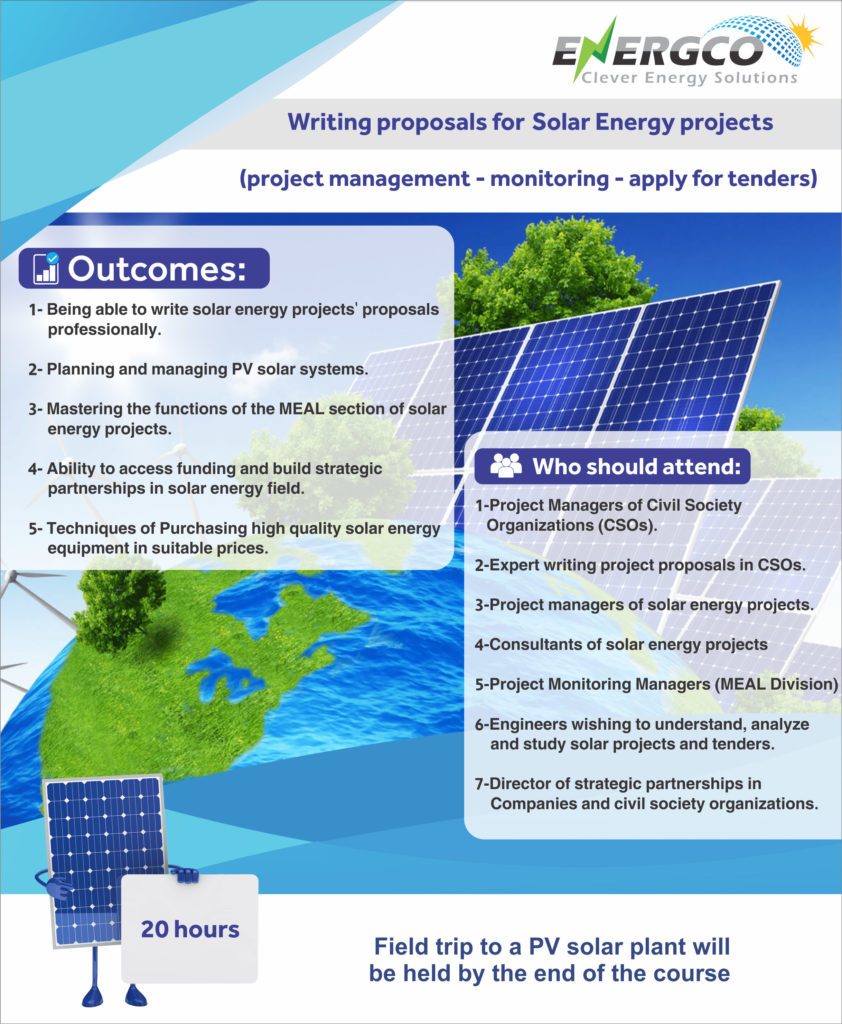As the world continues to shift towards renewable energy, it’s important that the workforce is prepared to meet the demands of this growing industry. This means ensuring that renewable energy workers have the necessary skills and training to keep up with technological advancements and changing job requirements.
One way to future-proof the renewable energy workforce is through training and development programs. These programs can help workers acquire new skills and knowledge, as well as keep up with the latest trends and developments in the industry. They can also help workers adapt to new roles and responsibilities as the industry evolves.
There are several key areas where training and development can play a crucial role in future-proofing the renewable energy workforce. These include:
- Technical skills: With new technologies and innovations emerging all the time, it’s important that workers have the technical skills necessary to operate and maintain renewable energy systems. This includes skills such as electrical engineering, computer programming, and data analysis.
- Soft skills: In addition to technical skills, workers in the renewable energy industry also need strong soft skills such as communication, teamwork, and problem-solving. These skills can help workers collaborate effectively and adapt to new challenges as they arise.
- Safety and compliance: Renewable energy systems can be dangerous if not operated and maintained properly. Training and development programs can help ensure that workers are aware of safety protocols and comply with relevant regulations and standards.
- Business skills: As the renewable energy industry continues to grow, workers with business skills such as project management, finance, and marketing will be in high demand. Training and development programs can help workers acquire these skills and advance their careers.
In order to ensure that the renewable energy workforce is future-proofed, it’s important that training and development programs are accessible and effective. This means providing workers with opportunities for continuous learning and development, as well as ensuring that training programs are relevant and up-to-date with the latest industry trends and developments. By investing in training and development programs, renewable energy companies can ensure that their workforce is equipped with the skills and knowledge needed to keep pace with the evolving demands of the industry. This, in turn, can help drive growth and innovation in the renewable energy sector, while also creating new opportunities for workers and contributing to a more sustainable future
You can have more information by contacting us or visit training page!




